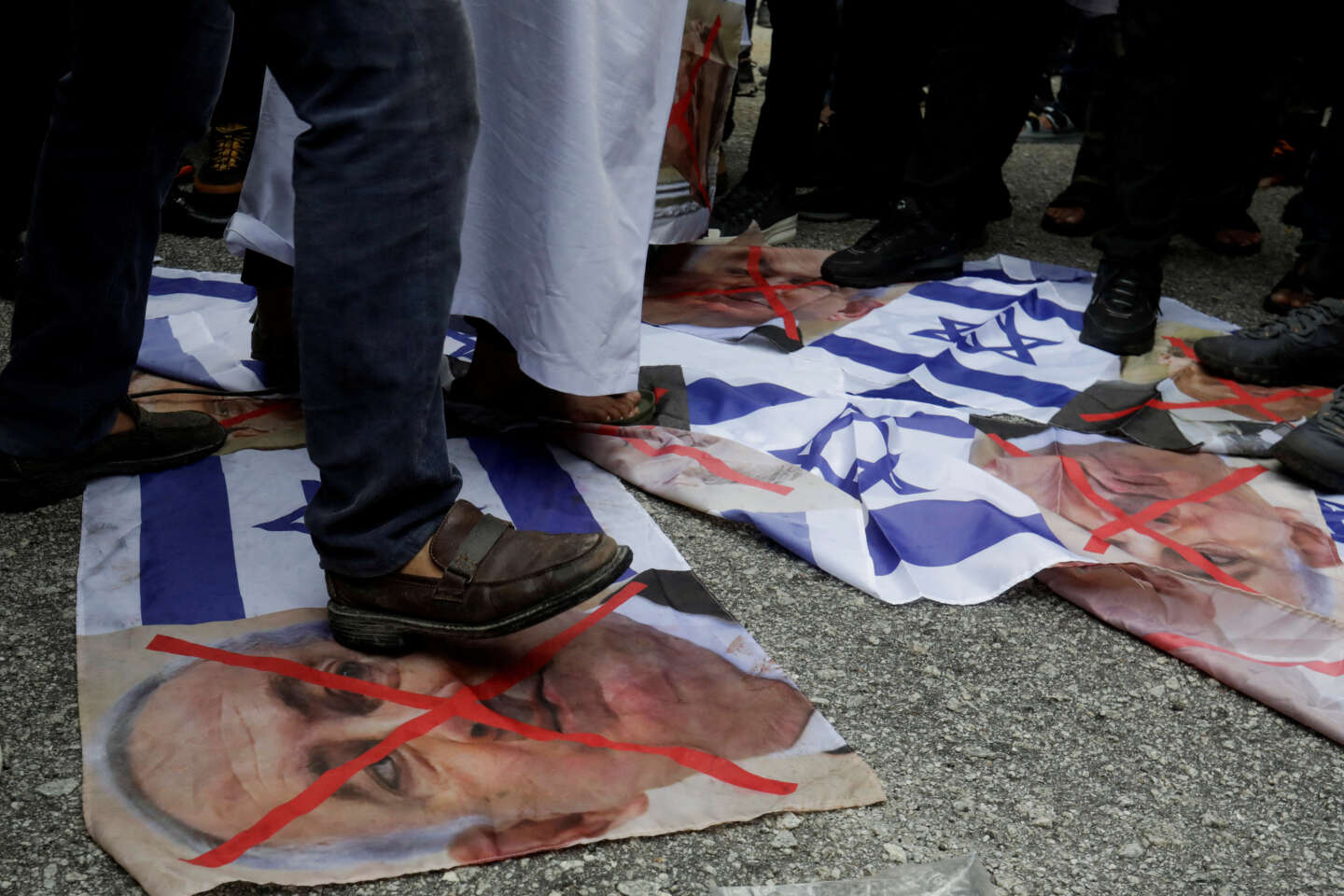
Since the Hamas attack on October 7, many minds that could previously be described as reasonable have been urging everyone to choose sides. The only reasonable attitude is to refuse such an ultimatum and to attempt to understand, on the basis that such understanding is not tantamount to justification. After all, what are we talking about? If Hamas had simply breached the Israeli security wall and attacked the Israeli Defense Force (IDF) barracks, its operation would have been legitimate – no matter how deep the revulsion that a movement of a fundamentalist and totalitarian nature may inspire – for it would have shattered Israel’s certainty of its omnipotence and perhaps brought it back to a realistic basis. But the massacre of hundreds of Israeli civilians cannot be considered to be an act of resistance against an occupying power, and must be unreservedly condemned.
The history of 20th-century independence struggles teaches us that colonizers’ refusal to negotiate with those leaders considered to be the most moderate radicalized the latter, or else cleared the way for members least willing to compromise. All these struggles have shown that the despair of the dominated, the lack of prospects resulting from the occupiers’ stubborn determination to occupy, eventually convinced the former that violence alone could liberate them. They then became terrorists.
The Vietcong, the Algerian National Liberation Front and, until 1993, the Palestine Liberation Organization were thereby all described as terrorists, before inevitably being recognized as necessary negotiating partners. In this respect, it should be remembered that, over the last few decades, Mossad [Israel’s foreign intelligence service] has systematically assassinated some of the most political, if not the most moderate, Palestinian leaders, such as Abu Jihad [in 1988], leaving it to the most extreme factions of the Palestinian movement, such as Abu Nidal’s splinter group, to eliminate those it had spared.
The return of colonial oppression
The vocabulary of colonial situations is distressingly monotonous: When violence responds to violence because all other roads have been cut off, violence by the oppressor is overlooked and violence by the oppressed becomes an emblem of the evil and cruelty that characterizes its essence and culture.
Unfortunately, the unilateral stances taken by Western leaders in support of Israel have all been based on this terrible rhetoric. Their statements also seem to indicate that it is not only the mass massacres committed by Hamas that they have condemned, but the very idea that armed Palestinian action could be taken against the Jewish state. Hamas was not content with such action, and the scale of its killing has given Israel the opportunity to increase tenfold the hubris that has characterized its policy for decades, and which has reached new heights in recent years. How can such partiality be explained, if not by the clamorous resurgence of the repressed colonial pasts of these powers whose supremacy is now being challenged?
You have 55% of this article left to read. The rest is for subscribers only.
Poster un Commentaire